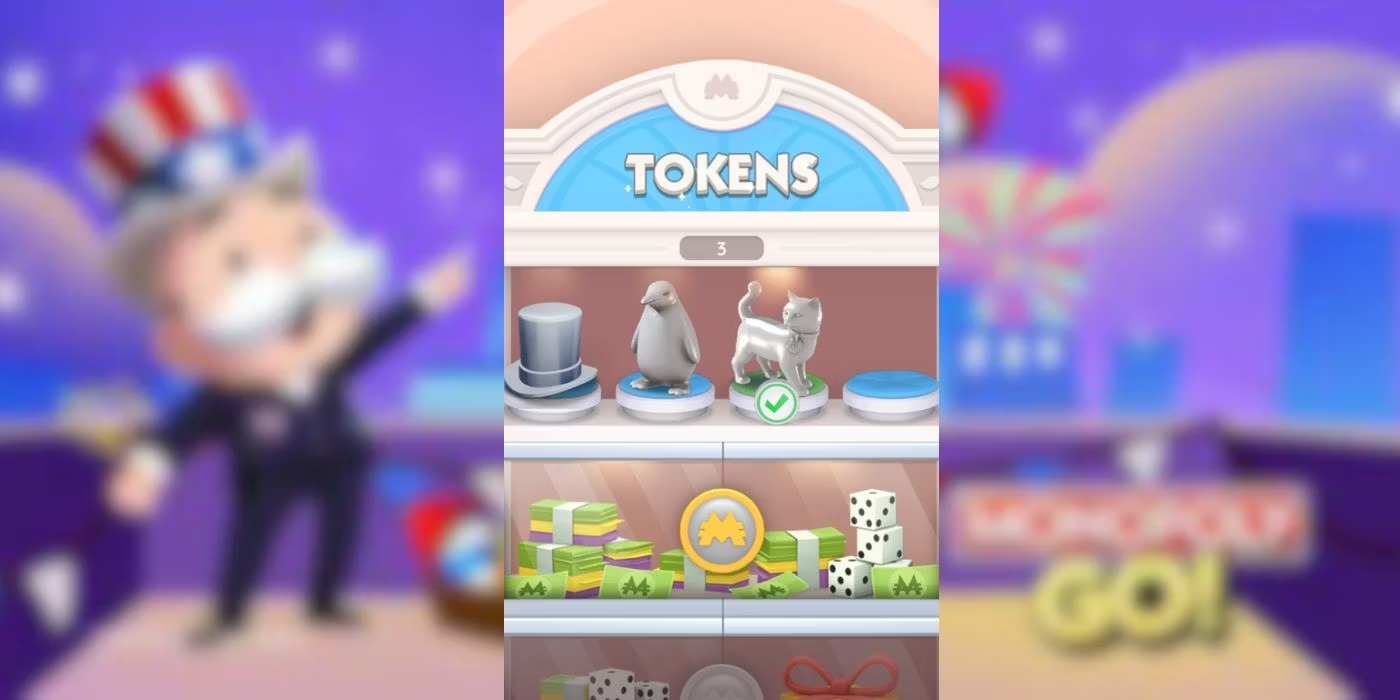Monopoly Go might look like child’s play, but once you're knee-deep in an event and someone just landed a 10M rent trap on you, it quickly becomes personal. The game has layers. It's not just about rolling the dice—it’s about how you manage events, stickers, and your social alliances to climb the leaderboard and, let’s be honest, crush your friends.
Lately, the game’s mid-week sticker drops have turned into full-blown community rituals. Every player now watches the Monopoly sticker store like a hawk, waiting to see which theme will return, which golds might be on offer, and whether their missing pieces might finally show up. The rush to complete sets before a season ends creates a kind of frenzy, as players trade, hustle, and occasionally beg to complete collections.
Behind the scenes, players with advanced setups have a serious edge. A leveled-up Monopoly Go account for sale can come with massive dice reserves, complete or near-complete sticker books, and multiple board skins. This is especially valuable during sticker-focused events, where being even one roll ahead can be the difference between landing that final card or missing the deadline.
One of the coolest community-driven features is the partner events, where teaming up with others adds a co-op angle to an otherwise solo experience. These events become battlegrounds of efficiency—who’s contributing dice, who’s slacking, and who’s sending those clutch sticker gifts at the last moment. It’s chaotic. It’s beautiful.
There’s also a darker side. Revenge mechanics like bank heists let you strike back against those who’ve wronged you—or just happened to be in your way. It adds spice to what could have been a bland formula. Suddenly, Monopoly Go isn’t just about strategy, it’s about grudges and poetic justice.
The game thrives on these emotional highs and lows, and it’s what makes it more than just another mobile app. And if you’re curious how some players hit the ground running, U4GM is one of the better-known spots in the community where players get their jump-starts—but even with a head start, strategy is what wins long-term.

